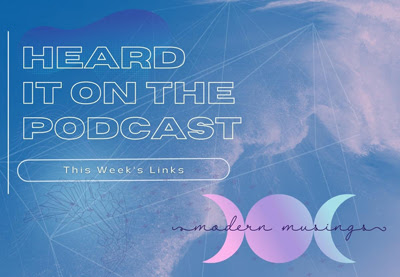- The trash should be in the trash can. I am so obsessed with this that I will throw trash away that’s not trash. My OCD has gotten me into trouble in the past. I have gotten so hard into “throwing away trash” mode that I have thrown away checks, important bills/papers, and keepsakes. In my classroom, if students leave their homework on the desk or the floor, I will throw it away (I do give them a disclaimer about this at the beginning of the year). One of the major problems I had with my ex-husband stemmed from his trash-hoarding (another form of OCD).
- The dishes should be in the sink. One thing I can’t stand is going to another person’s house and seeing dishes sitting everywhere. If the dishes are in the sink, I’m okay with it. But if they are sitting around the house, I fight the compulsion to take their dishes to the sink. If I have finished with a dish, I try to take it to the sink immediately. If I don’t, I will stare at it until it is in the sink.
- Dirty clothes should be in the hamper. That is another thing I can’t stand when I go to another person’s house. However, I don’t have an urge to pick up others’ dirty clothes. I can’t stand touching another person’s dirty clothes, especially if they smell like body odor. On the flip side, I won’t let anyone else touch my dirty clothing either.
- Pet hair on my skin or clothes. I know you are saying, “but you have four cats!” Just because they have insane amounts of hair (and compulsively shed in the summer) doesn’t mean I don’t love my cats (or anyone else’s pets). I have separate sets of clothes. Clothes I wear out and clothes I wear at home. I wash both sets of clothes separately. I have multiple sets of sheets and blankets that I am constantly washing to keep down the pet hair. I also groom my cats regularly to keep the hair at bay. If I go to a person’s house with pets, I am mindful of where I sit or what I wear. My reaction also stems from having a mild allergy to pet hair. I obsessively wash my arms and face if I feel hair sticking to them and making them itch.
- Stains on my clothes. This problem came to the forefront recently when I was on vacation. Jason and I ordered a seafood boil to share. I typically buy clothes in mixed patterns and avoid wearing solid colors because mixed patterns tend to hide stains on shirts better. So, I wore a solid shirt, not thinking about the restaurant where we were going to be eating. The boil we ordered was swimming in a butter sauce, and Jason immediately dug in, not caring if he stained his shirt (he usually only wears black anyway). By the end of our meal, I was freaking out because my shirt had stains all over it. I went to the bathroom and compulsively scrubbed the shirt in hopes the stains would not stick. I felt embarrassed afterward because I was having lunch with his family and I felt like they were looking at me oddly with my wet shirt (they weren’t).
- Food in my teeth. Like the stains on my clothes, this drives me crazy. If I am out and about and I do not have dental floss on me, I will not order something that I know will get in my teeth, otherwise, I will pick at my teeth until my teeth are bloody from trying to get out whatever is stuck in them. For this reason, I refuse to eat popcorn, whether it is a flavor I like or not. The memory of popcorn getting stuck in my teeth prevents me from eating it. I don’t like seeing food in other people’s teeth, either.
- Body odor. I do not have a good sense of smell. There are certain things I cannot smell and, in return, taste because I do not have a good sense of smell, except when it comes to body odor. If someone is not wearing deodorant or did not brush their teeth, I can smell it. I might not be able to smell dinner, or the flowers Jason buys me, but I can smell if you didn’t take a shower. I also take extra pains to make sure that I do not have body odor, myself. I compulsively shower and wash my hair at least once a day because I do not want to appear dirty or greasy. Back when I weighed over 400 pounds, my doctor commented on my obsessive cleanliness because she had never met someone of my size so clean.
I want to hear from our readers. Do you have any pet peeves? Do they affect your life? Please, comment below or continue the conversation on our Facebook group: MMC Chat.









